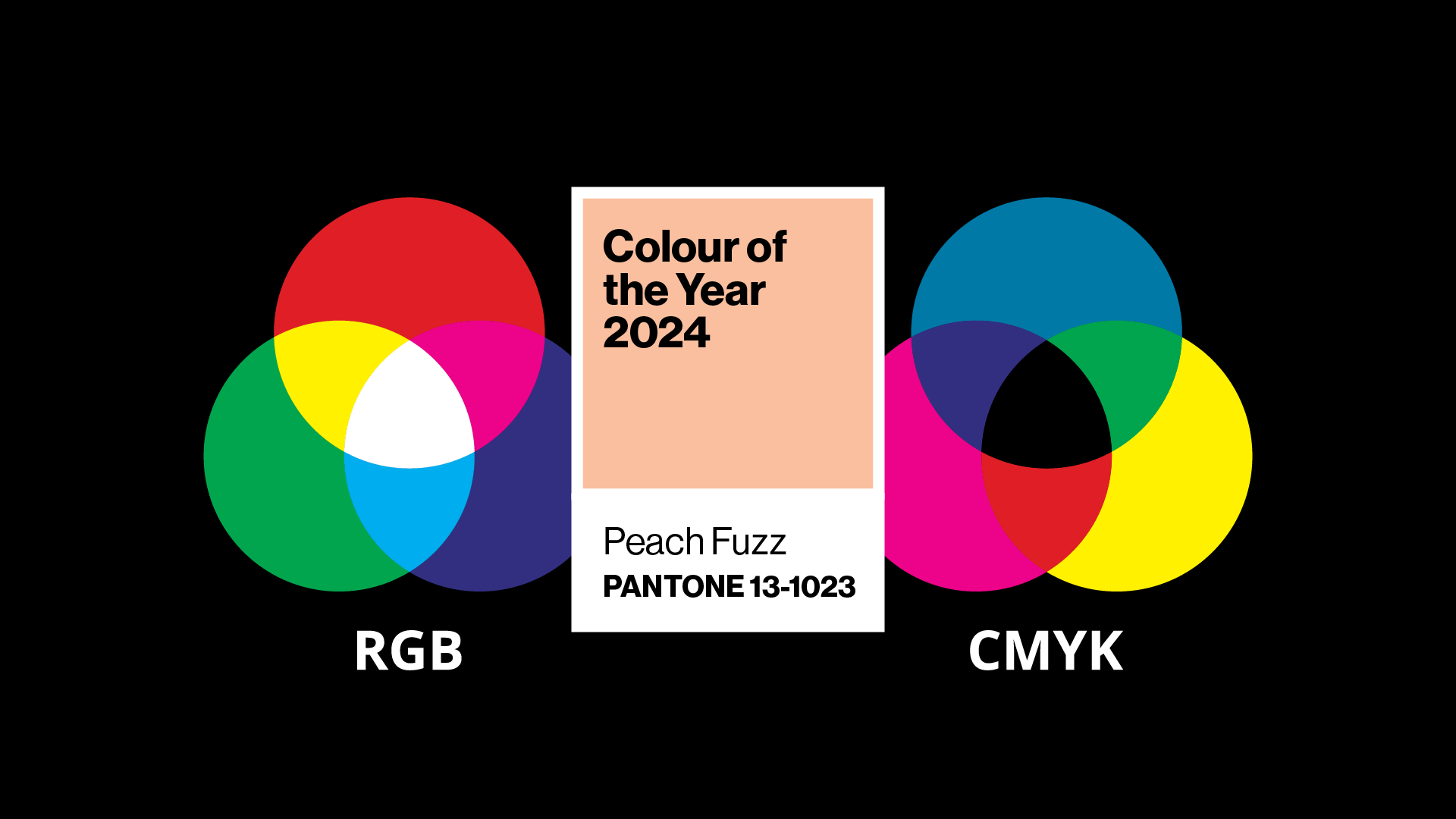7 things to think about when managing your most important asset: Business reputation

A brand is what you say about yourself. Your reputation is what others say about you.
I’ve had my business for 12 years and over that time I’ve worked with over 400 companies. That’s a lot of marketing and communications plans and brand reputations to consider.
My approach to communications is what I call being a ‘business communicator’. I have a mild obsession with my client’s business goals, and I work to achieve them with the tools of communication. I have worked with multinationals, start-ups, family businesses, not-for-profits and listed companies.
There are a lot of things to consider when managing your reputation, and here are my top seven lessons for businesses looking to manage their most important asset.
1. Know how much it is worth
When businesses sell, what do they have to sell? Equipment, vehicles (if not leased), software or technology they created, their business processes, customer contracts and ongoing revenue, pipeline, their team/human resources, database, brand, goodwill – and their reputation.
If you thought about your business right now, and thought about selling it, what would really make the difference to your sale price? What makes your business so valuable, that someone couldn’t just poach your staff, buy the same equipment, ambush your market and build a database? What is the glue that keeps your business going? Is it you? Is it your people? Is it the culture? Is it your brand? Or what you are known for?
Brokers call it the multiplying factor – the goodwill. Communicators call it your reputation.
Know how much it is worth. You can gauge this by doing an insight project where you ask your clients, prospects and industry specific questions via surveys and interviews. Ask people how likely they are to recommend you and get your Net Promoter Score NPS) – there is so much value in knowing this.
2. Just accept you’re never going to finish
Your reputation is the most valuable thing you have and yet, when was the last time you thought about proactively managing it? Was it when you signed the lease on your latest office space? Approved the uniforms? Checked your social media channels? At the last staff meeting, client meeting, tender or enewsletter you sent out?
The hard thing about reputations is they aren’t always managed by you or the marketing department or the finance department. Look at the trust Facebook has lost due to the Cambridge Analytica saga. But as the leaders of your organisations, you are responsible for it.
What are your staff doing every day that could jeopardise your company’s reputation? Do they know any differently? Are they aware of the risks? Are you consciously talking about how to deal with difficult customers? Are your staff having personal issues that may impact their behaviour?
The myth is that the company’s reputation is the responsibility of the marketing department and the CEO, and this couldn’t be further from the truth. It is a whole of organisation concern and everyone has a role to play.
3. Are we talking about you or your company?
Who is a founder and works in their business? Who works with a founder? We have a founder problem. I know, I’m one of them. With reputation, the founder or leader’s reputation can get muddled with the company’s – and sometimes this is a good thing. The reputation of the leader pulls in people who want to work with them, or in a way they represent. I’ve certainly seen that. This is the one where every enewsletter is signed off by the CEO, they are all over the website and they know all the clients.
Richard Branson’s brand of being a rule breaker, a questioner and a maverick entrepreneur is awesome. But do you really want to fly in a plane that has those same traits? There is a relationship between the two. For example, Richard asks: “why do things have to be done the same way?”, and Virgin provides different options to passengers such as choosing to pay for food and baggage. However, they are separate brands that share a viewpoint and the distinction is very important.
Sometimes founders can get in the way, and sometimes they are the way. I like to use the founders and CEOs as what I call Communication Assets. We promote them, and what they are known for, but their message is distinct from their company’s. We use their voice, and LinkedIn page to go to new audiences, and draw them back into the company. They become their own referrer.
4. Have a story so you can manage it
This is the trickiest one of all. What do you actually want to be known for? It’s a hard question. What do you really want to be known for? What do you want others to say about you professionally? What are the traits that matter the most to you? Then ask, am I those things? Are we those things?
A lot of companies say they are innovative. A lot. I’ve worked with companies with innovation in their names. And they were once. When their industry was building and evolving and they genuinely brought a new way of doing things to their industry. But now the industry has caught up, start-ups around them just used their business model. And so now, for new people coming to work for them, they aren’t so innovative.
The issue is that there is a disconnect between the story and the reality. When that gap is big, you risk disappointing people on the first encounter.
We, in business, have to know our core DNA and what we stand for and what we don’t. This is the framework for all other decision making in the company. When you know what your brand stands for, and who you are, you know what type of present to give your clients at Christmas, you know what charity to support, you know where to advertise, what your staff uniforms look like, what your website should say and do. It is the guiding principle for everything thereafter.
Be aspirational by all means, but be real. Find a story that is different to those around you; your story should be one part aspirational and one part achievable. Keep yourself on your toes, and you’ll always be inspired.
5. What is your differentiator?
Simon Sinek, who is a world leading thinker on communication and human connection, says all businesses in the world know what they do. And some of them know how they do it (we use this type of technology, these systems, these qualifications etc). But very few of us know why we do it.
Why do we do what we do? The answer lies in “Five Why’s Down”. Here’s how it works:
Think about your job. Why do you do your job?
Why?
Why?
Why?
Why?
Why?
Only now are we getting to the crux of the matter. Luxury brands do this best. Why would anyone in their right mind buy an overpriced silver tennis bracelet from a shop that sells them in duck egg blue box? Would you love Ferraris so much if they talked about designing chunks of mainly red metal and making engines as the lead in an answer to the question: what do you do? As Design Director Flavio Manzoni says: “Ferrari is not a follower. We cannot make something just because this is the normal trend. It wouldn’t be a Ferrari. Enzo Ferrari would turn in his grave.”
As Director of Marketing and Brand Strategy at Aston Martin, Gerhard Fourie said: “You will never convince people into buying an Aston Martin. You have to find a way to attract them to the brand.”
They talk about the “love of the beautiful” as their guiding principle. They aren’t making cars, they are making beautiful moments.
The stories around why you do what you do connect with the oldest part of your brain – the emotional centre that regulates your mood. However, it is not where language is created, so it is hard to put words to our emotions, or our gut-feels, or instinct. That is why it is hard to articulate; however it is very powerful. Remember, no one buys an engine, they buy the dream. What are you actually selling?
6. Is our work the best form of marketing?
Many in business, especially those who have been in a business a long time, says that you just have to do a good job and the rest will follow. I think this is true to an extent. Of course you have to be good at what you do, but doing a good job and not managing your profile and reputation around that, won’t get you very far, very fast anymore. And it is not a way to protect your business. Why? Because of competition. Because I can connect to more than one company type very quickly. Doing a good job for a competitive rate is not a differentiator, it is a hygiene factor. It is everything else you do around that that makes the difference. Such as customer service, why your company exists and the overall experience. Consumers also want to know what you stand for and what your employee experience is. Your long-term customers want to be constantly reassured that you are who you say you are and that your story is authentically lived. The lesson is – of course do a good job, consistently, but that is where your story begins, not ends.
7. Be prepared
Three years ago, we at Zadro were doing the PR on a tradeshow for the business tourism market. We suggested a crisis communications plan that was cut due to budget. It was a tradeshow, they said. The venue would be responsible for any incident.
A bus tour of Melbourne was taking place with some VIP guests. The bus was a double decker and the driver was from Melbourne. He drove straight into a low-lying bridge at full speed, ripping the top level of the bus off like a sardine can. Ten people were horrifically injured. The event, which had nothing to do with the bus company, didn’t deal with the fallout well. The show almost collapsed. It has since changed management and rebranded.
When something goes wrong, it is sudden, emotional, scary and very stressful. You have one minute to reply to people, not one hour, not one day. You have to be prepared. Sexual harassment cases, work place accidents, fires, theft – all crises that leave great big holes in company’s reputations.
The lesson is, what would your company do in a crisis? Or what have you done? You can do desktop plans that prepare you for what to expect, train you and your team and have communication systems in place. It could be the difference between continuing or not.



